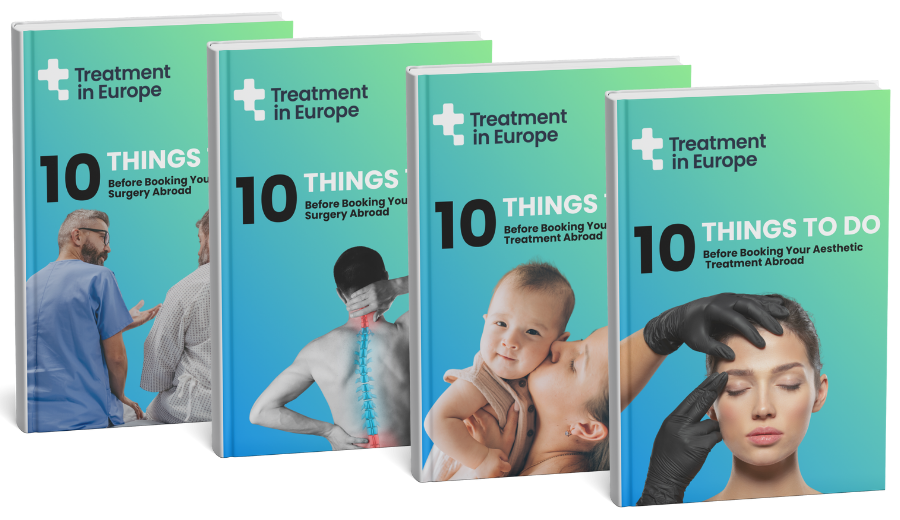
Health Tourism vs. Local Care: What You Should Consider
Choosing between health tourism and local care can feel like picking between a cozy couch and a luxurious spa—both have their perks, but which one will actually make you feel better? With the rise of health tourism, more people are exploring the idea of heading abroad for medical treatments, wellness retreats, or even just a little TLC. Imagine recovering from surgery on a sun-soaked beach or sipping herbal tea at a serene mountain retreat instead of listening to the sounds of hospital equipment beeping in your hometown.
But before you pack your bags and book that flight, it’s essential to weigh your options carefully. Local care can be convenient and familiar, but sometimes it comes with long waiting times and hefty fees that make you want to pull your hair out. On the flip side, traveling for care often offers quicker access to services and cutting-edge treatments at prices that may leave you pleasantly surprised.
Let’s break down what you should consider when deciding whether to stay close to home or embark on an
Understanding Health Tourism
Health tourism, also known as medical tourism, is like a two-for-one deal: you get to travel and receive healthcare at the same time! This phenomenon has seen an explosive rise in recent years as more people realize that seeking medical attention abroad can be a practical solution to various health issues. But what does it really entail?
What is Health Tourism?
Simply put, health tourism involves traveling to another country for medical treatments, wellness services, or both. This could range from cosmetic surgery abroad, dental procedures, and alternative medicine tourism to wellness retreats focused on holistic healing.
Why Consider Health Tourism?
- Cost-Effective: One of the primary drivers of health tourism is cost savings. For example, many procedures can be significantly cheaper overseas without sacrificing quality. Imagine getting that dental implant done in a picturesque European town while enjoying a fraction of the local prices!
- Access to Advanced Care: Some countries are pioneers in certain medical fields. For instance, if you're considering surgical interventions or innovative treatments that aren’t available locally, healthcare abroad might just offer the cutting-edge facilities you need.
- A Relaxing Recovery: Let’s face it—nobody wants to recover in a sterile hospital room with fluorescent lights. Health resorts and wellness retreats offer tranquil environments perfect for recuperation. Who wouldn't want to sip herbal tea on a beach while healing?
The Global
The Benefits of Local Care
When weighing the pros and cons of local care, it's essential to recognize some of its unique advantages. Sure, the allure of health tourism can be captivating, but staying closer to home can offer comforts that international travel simply can't match. Let's dive into the benefits of local care.
Familiarity and Comfort
There's something undeniably comforting about staying within your own healthcare system. You probably already know how to navigate it, from your personal physician's quirks to the best practices for scheduling appointments. Plus, being surrounded by familiar faces can significantly decrease anxiety when seeking treatment.
Continuity of Care
One of the standout benefits of local care is continuity. Your primary care doctor knows your medical history, your allergies, and even that time you fainted during a routine check-up (no judgment!). This established relationship means they can provide personalized care tailored specifically to you.
Access to Emergency Services
Health emergencies don’t keep a calendar; they often happen when you least expect it. Having access to local emergency services ensures rapid response times and immediate action if something goes awry during treatment. After all, who wants to be stuck in a foreign country facing an unexpected health crisis?
Language and Cultural Barriers
No one enjoys playing charades at a doctor's office! When opting for local care, you're likely communicating in your native language with someone who understands cultural nuances—no need for translation apps or awkward gestures here!
Insurance Coverage
- Easy Claims: If you have health insurance, using local services often means easier claims processing and less paperwork. Health tourism might save money upfront, but navigating claims abroad can turn into a maze faster than you can say "insurance policy."
- Covers Routine Check-Ups: Regular check-ups are vital for maintaining health over time—and most insurance plans provide coverage for these services locally. So why not take advantage of what you’re already paying for?
“Sometimes the best adventure is the one that takes place right under your nose.”
While health tourism opens doors to exciting possibilities and unique experiences, local care remains steadfast in its reliability and familiarity. As you weigh these options, think about what aspects matter most: Is it comfort? Continuity? The joy of exploring new cultures? Whatever path you choose, make sure it aligns with your health needs and lifestyle preferences.
Get our free "Ultimate Pre-Treatment Abroad Checklist"
Planning treatment abroad can be overwhelming - but it doesn’t have to be. Our “Ultimate Pre-Treatment Abroad Checklist” guides you step-by-step through everything you need to do before booking your procedure abroad.
Looking for treatment options? We can help you find the best care abroad in 24-48h!

Get the medical Care You Need at 50–70% Less

EU-Certified Clinics
.svg)
Short waiting time
Get clinic quotes in 24-48h — free & no commitment
What's next?
- Get a quote for procedure
- Consultation with our coordinator
- Confirm the quote
- Arrange your travel


